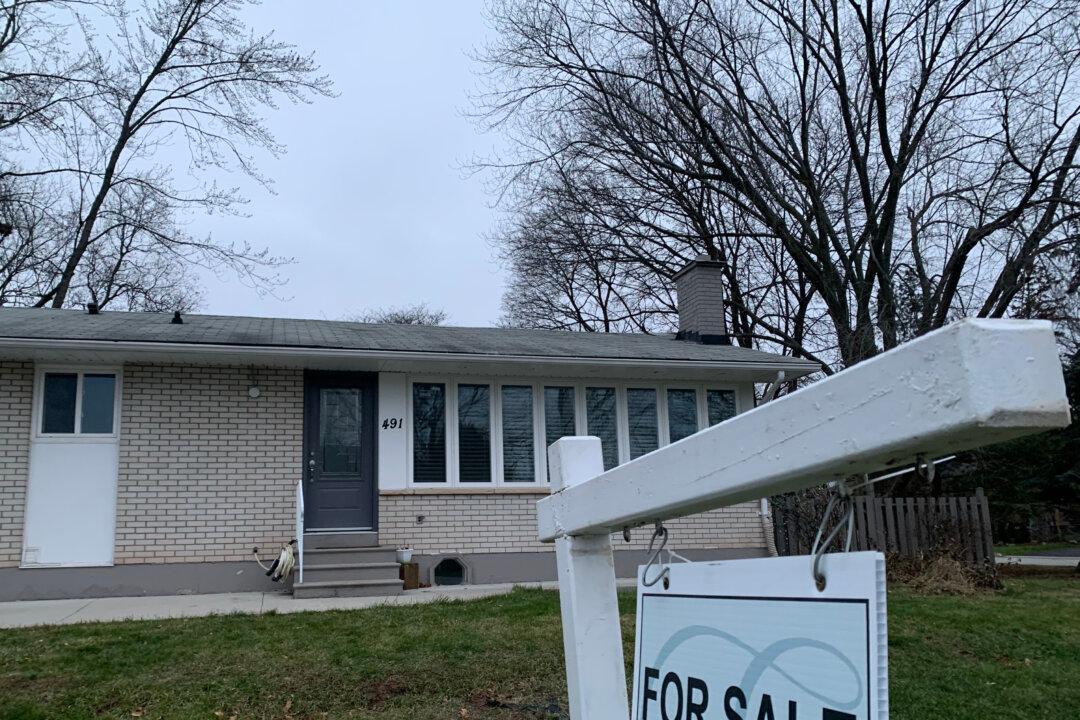Ottawa is bringing in new rules to deal with rising real estate fraud and money laundering in Canada, according to a newly released government report.
Changes to the Proceeds Of Crime And Terrorist Financing Act will require realtors to identify anyone involved in the purchase or sale of property in Canada, said a July 6 Department of Finance regulatory notice.





